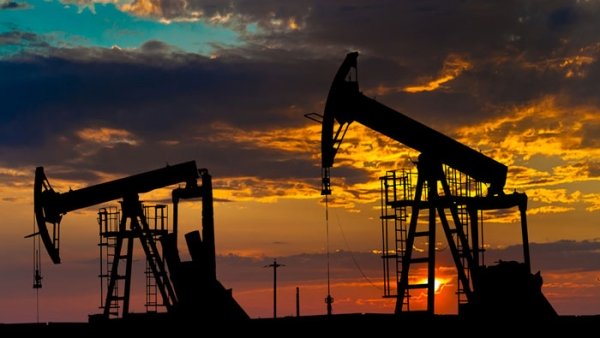
Muscat: Multiple policy adjustments and structural changes are required for greater diversification away from oil, economists say as the International Monetary Fund (IMF) has forecast slowing down of growth in Gulf Cooperation Council (GCC) countries due to low oil prices.
In its updated Regional Economic Outlook on Monday, the IMF has said that the GCC economy will slow down to 1.8 per cent this year. The IMF update adds that oil exporting countries in the Middle East lost a staggering $390 billion in revenue due to lower oil prices last year, and should brace for even deeper losses of around $500 billion this year. The growth forecast is lower than the projection in October, when the fund forecast the region would grow 2.8 per cent. The region’s economy grew 3.3 per cent last year.
Measures
According to economists in the GCC, FDI liberalisation, allowing 100 per cent foreign ownership, open skies policy for airports, and developing local currency debt markets for deficit financing, development and infrastructure finance are some of the measures which can be adopted by the coutnires in the region to cushion
the effect.
Dr Nasser Saidi, a well-known economist in the region, said that as oil price continues to stay around the $40-mark, the Oman government might also want to consider moving towards a currency basket peg alongside fiscal reforms and removal of subsidies.
“This could be complemented by establishing a programme to subsidise on-the-job training for skill development and apprenticeship for young Omanis,” he added.
Faisal Hasan, the head at investment research in Kamco, a Kuwait-based investment company, said that oil price has taken a toll on GCC economies and Oman, in particular, is affected owing to its dependence on oil revenues.
“We believe Oman should focus primarily on the non-oil sector both in the short and longer term. Tax measure is one of the ways of increasing government revenues. Oman has already in place a differential tax system (which it is doing away with) and it plans to implement a fixed tax rate of 15% on non-oil corporates in addition to a much higher tax rate on oil and gas companies. Higher tax rates should stem government revenues,” Faisal added.
Faisal says that IMF’s projections on Oman, remains conservative, especially the average oil price per barrel over the next five years.
Meanwhile, Dr Anchan CK, a Muscat-based investment advisor, said that there is heavy competition amongst the GCC nations to lure the investors.
“Each country is trying to promote better, in other words, things are challenging. Countries are adopting simplified licensing procedures for foreign investors, including owner ship of land and tax benefits. “The current focus is to move away from oil base economy to other alternate economy,” the investment advisor said.
“It is one thing to call for improvement in government delivery, a breakdown of barriers in the private sector, and improved accountability. It is another thing to deliver on these promises. The need of the hour is to be more ambitious, focusing efforts on increasing labor productivity, building a stronger business environment, and managing finances sustainability, including fiscal consolidation and working to eliminate the budget deficit in the next few years,” he added.
Masood Ahmed, the IMF’s Middle East and Central Asia Department director, said on Monday that oil prices are likely to remain low for many years to come, and as a result, countries in the Middle East, which depend on oil for their economies, are going to go through a number of years of difficult adjustments to balance their budgets to the new lower oil prices.
“The countries in the Middle East have to design a new growth model to drive their economy which doesn’t depend on oil prices,” the official added.
The report adds that the outlook for lower oil prices implies weak oil revenues for years to come, dramatically reducing the capacity of governments to spend.
Decline
“Export receipts in Middle East, North Africa, Afghanistan and Pakistan (MENAP) oil exporters declined by $390 billion in 2015 (17 percent of GDP). Despite a partial offset from reduced imports owing to subdued prices of non-oil commodities, the combined current account of the GCC and Algeria has reversed from a comfortable surplus to a projected deficit of about 8 percent of GDP in 2016,” the report adds.
The report also adds that the deficit of other MENAP oil exporters is projected to be 4 percent of GDP this year.
According to IMF, stepped-up structural reforms in business, labor and financial markets, and trade are critical for boosting economic prospects, improving living standards, and creating much-needed jobs.